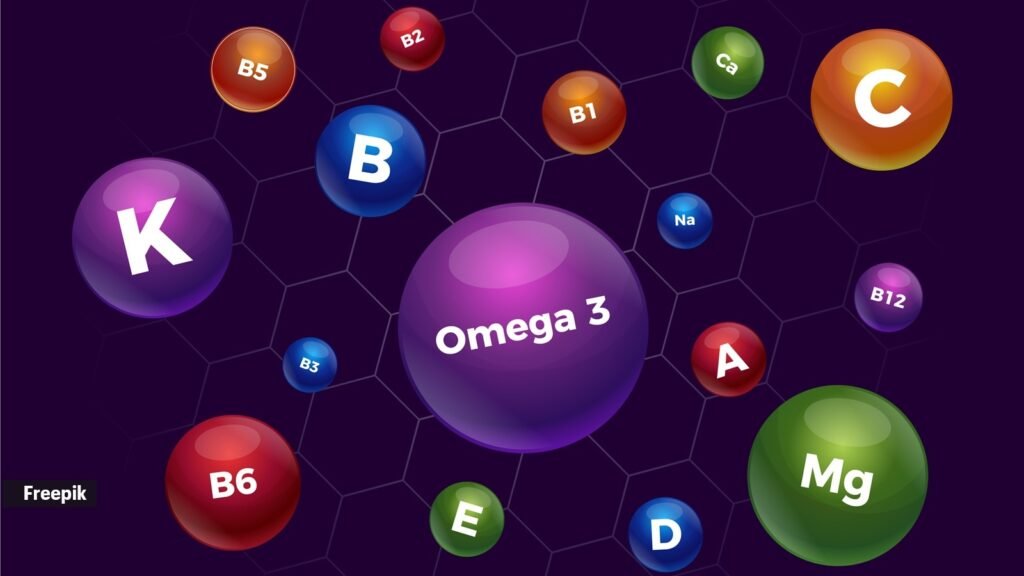As women enter their 30s, energy levels, hormone balance, and overall health can be influenced by more than just exercise and a “clean” diet.
According to Pujah K Shah, a content creator and women’s health and fitness coach, “Women in your 30s, if you are vegetarian, you need these nutrients. If you’re feeling tired, hormonal, or are not seeing results even after eating clean, you might be missing these nutrients.” She stresses the importance of getting them naturally, noting, “I’m breaking down the essential nutrients that every vegetarian woman needs in her 30s, plus how to get them naturally.”
Her list includes nutrient-rich sources that go beyond the usual multivitamin approach — from vitamin D through consumption of mushrooms, fortified soy milk, or 20 minutes of morning sunlight, to vitamin B12 from fortified cereal, nutritional yeast, or B12 drops.
She also highlights plant-based options for a range of essentials: for folate (vitamin B9) moong dal, spinach, methi, and oranges; vitamin C from amla, bell peppers, guava, and lemon; vitamin A from carrot, pumpkin, sweet potato, and spinach; for vitamin E sunflower seeds, almonds, and peanuts; for vitamin K kale, broccoli, mustard leaves; iron from black sesame seeds, dates, curry leaves; calcium from ragi, tofu, white sesame seeds; magnesium from pumpkin seeds, sunflower seeds, bananas; and omega 3s from flax seeds, chia seeds, and walnuts.
“These small upgrades can keep your energy up, your mood steady, and your health strong, so you can show up 100% for work, family, and, most importantly, yourself,” writes Shah in the caption to her video.
So, why are vegetarian women in their 30s more prone to nutrient deficiencies, even if they eat a varied plant-based diet?
Nutritionist Aditi Prabhu, founder at NutroDynamix, tells indianexpress.com, “Women in their 30s are more prone to nutrient deficiencies, primarily due to the limited availability of certain nutrients in plant-based sources, such as vitamin D and B12, and the reduced bioavailability of certain nutrients in plant sources, like iron, compared to animal sources.”
Lastly, she adds that even with a varied plant-based diet, it is also likely to happen if the diet is not strategically planned to meet the individual’s requirements, taking into account various aspects such as hectic schedules, hormonal changes, and stress.
What are the early signs of nutrient deficiencies, and how quickly can dietary changes start to make a difference?
According to Prabhu, some early signs of nutrient deficiencies include fatigue, tiredness, low energy levels, brain fog, mood changes, lack of focus, tingling pain, ulcers, food cravings, menstrual changes, and unexplained aches and pains.
“Dietary changes take a little more time and patience to start showing changes, but they are long-lasting as compared to quick fixes,” she explains.
Story continues below this ad
DISCLAIMER: This article is based on information from the public domain and/or the experts we spoke to. Always consult your health practitioner before starting any routine.

